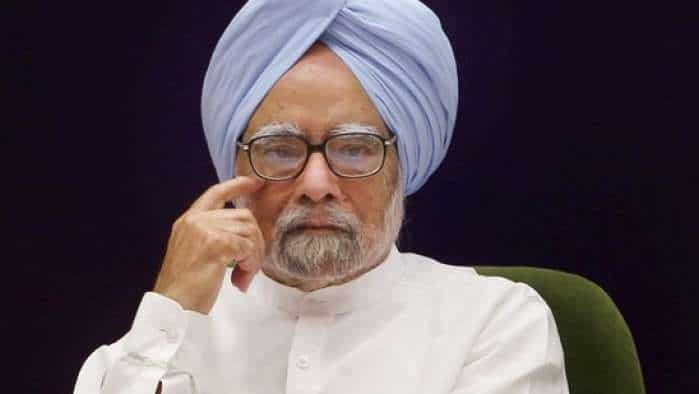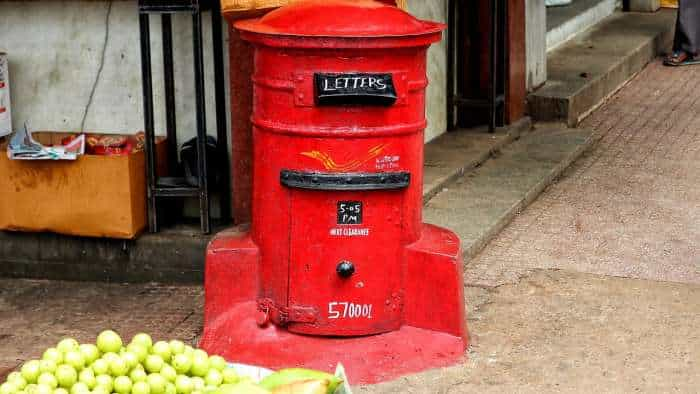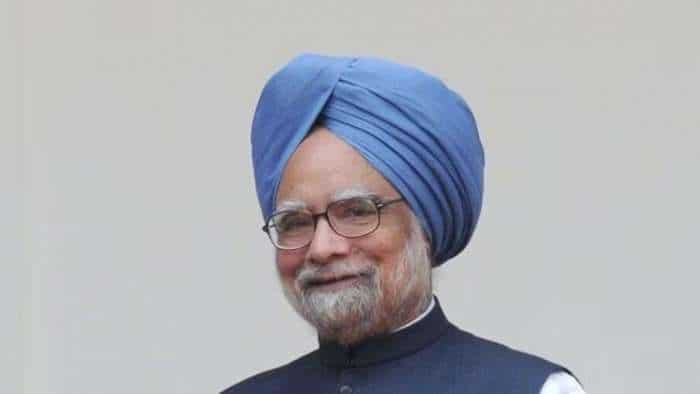Tokenisation in India: What it is and why RBI pushing for faster adoption? Explained
Tokenisation growth is being driven by increasing adoption of one-click solutions by merchants within eCommerce to reduce friction, and by card networks, who are encouraging mass adoption of tokenisation at the network level to improve payment approval rates.

The click-to-Pay trend is on the rise. It allows customers to purchase goods or services from merchants by clicking just one button. To make transactions through credit and debit cards safer and more secured, the Reserve Bank of India (RBI) is pushing for the adoption of tokenisation.
Tokenisation is a process of replacing of card details of customers with a unique set of characters. These characters are referred to as tokens and are unique in nature. It is touted to be the future of card-based payments.
Starting January 1, 2022, merchants are prohibited to save sensitive information like the card details of customers on their servers. As mandated by the RBI, merchants are mandated to adopt the card-on-file (CoF) tokenisation as an alternative. Tokens are irreversible and original data cannot be derived back. It follows the principle of ‘pseudonymization’.
"Tokenisation protects customers' payment credentials when stored by replacing sensitive data with token values that hold no intrinsic value," Ravi Battula, vice president – Merchant Acquiring Business, Wibmo – A PayU Company, said.
Tokenisation popularity
Tokenisation growth is being driven by increasing adoption of one-click solutions by merchants within eCommerce to reduce friction, and by card networks, who are encouraging mass adoption of tokenisation at the network level to improve payment approval rates.
Why RBI throwing weight behind Tokenization?
Tokenization prevents malicious actors from gaining access to payment data in the event of a data breach. Here's how - when a customer pays through tokenisation, he doesn't share the actual card details with the merchant. This way, the chances of compromise with sensitive data minimises.
He said that rising digital payments in India need secure standards for online payments to use cases mentioned which are key drivers for tokenization, tokenization can eventually dovetail with the broader data protection standards in the future.
Tokenization necessary?
He said that like UPI adoption exploded due to interoperability and standards-driven, tokenisation is much needed shot in the arm towards higher security for online payments for recurring and subscription payments which is increasing.
"There would be initial friction, which is natural with any change at the population scale. Eventually, this will drive higher security across the ecosystem for consumers, merchants, aggregators/fintechs, acquirers and issuers," he said.
Get Latest Business News, Stock Market Updates and Videos; Check your tax outgo through Income Tax Calculator and save money through our Personal Finance coverage. Check Business Breaking News Live on Zee Business Twitter and Facebook. Subscribe on YouTube.
RECOMMENDED STORIES
10:18 AM IST











 RBI tokenisation deadline extended by 6 months till June 30, 2022
RBI tokenisation deadline extended by 6 months till June 30, 2022 What is RBI tokenisation rule? Benefits? Charges? Is it safe? Mandatory for cardholders? FAQs answered here
What is RBI tokenisation rule? Benefits? Charges? Is it safe? Mandatory for cardholders? FAQs answered here  RBI tokenisation rule after Dec 31: What it is? Why CII said online merchants can lose up to 40% revenues
RBI tokenisation rule after Dec 31: What it is? Why CII said online merchants can lose up to 40% revenues